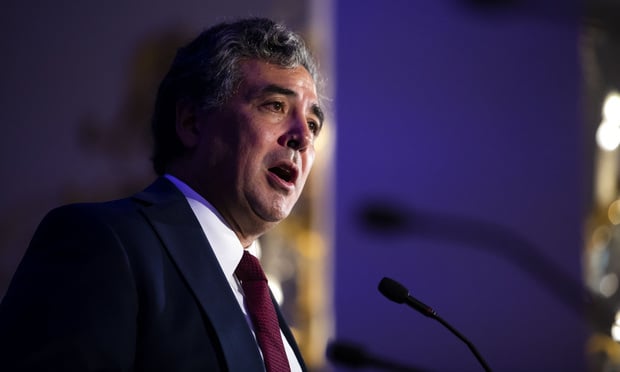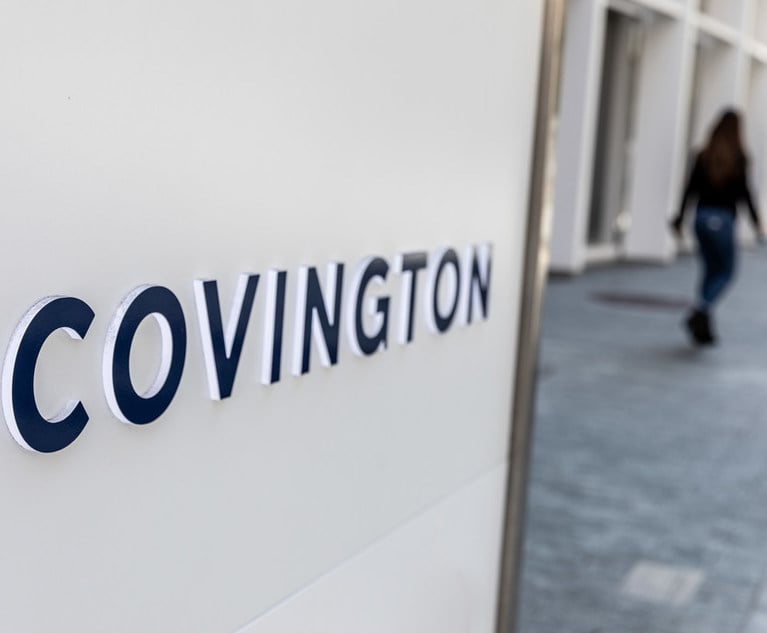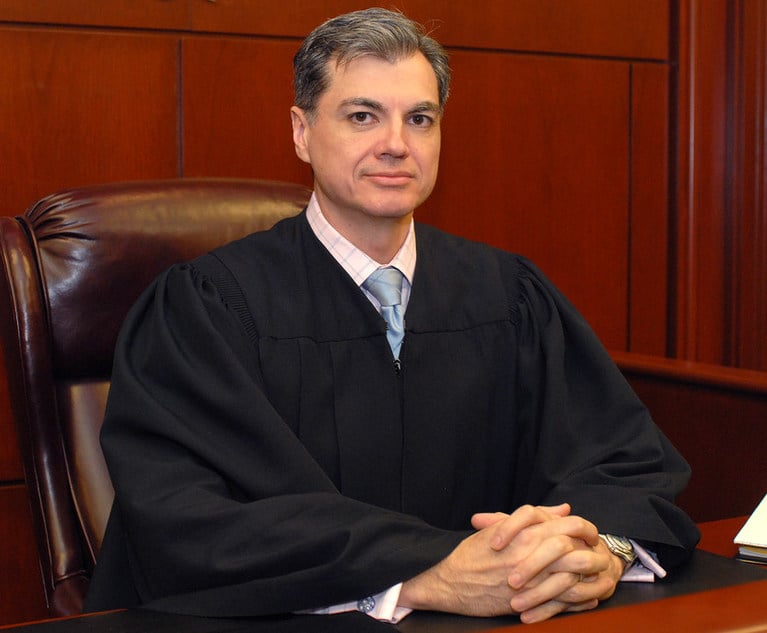The Trump administration’s Justice Department wants the U.S. Supreme Court to turn away a researcher’s claim that federal courts have inherent authority to disclose secret grand jury records, a contention that looms more broadly as House Democrats fight to obtain grand jury evidence from the special counsel investigation.
The Justice Department is opposing Stuart McKeever’s petition that challenges a decision by a divided panel of the U.S. Court of Appeals for the D.C. Circuit. The appellate court ruled in April that district courts do not have inherent power to order the disclosure of grand jury materials.


 U.S. Solicitor General Noel Francisco. Photo: Diego M. Radzinschi/NLJ
U.S. Solicitor General Noel Francisco. Photo: Diego M. Radzinschi/NLJ






